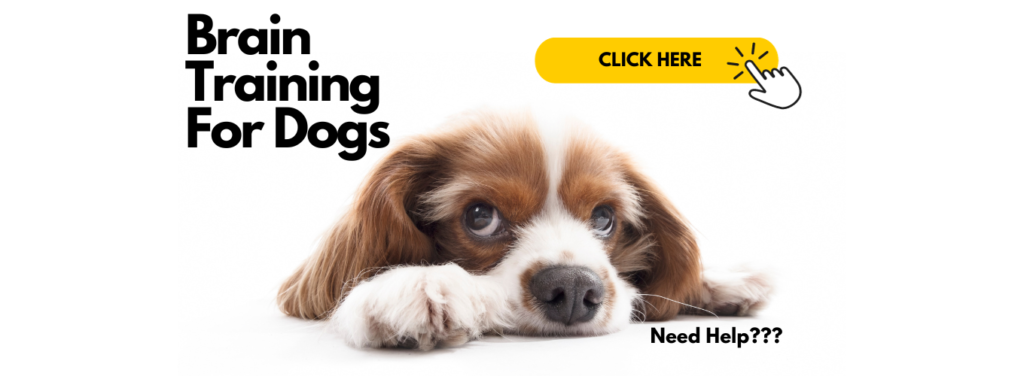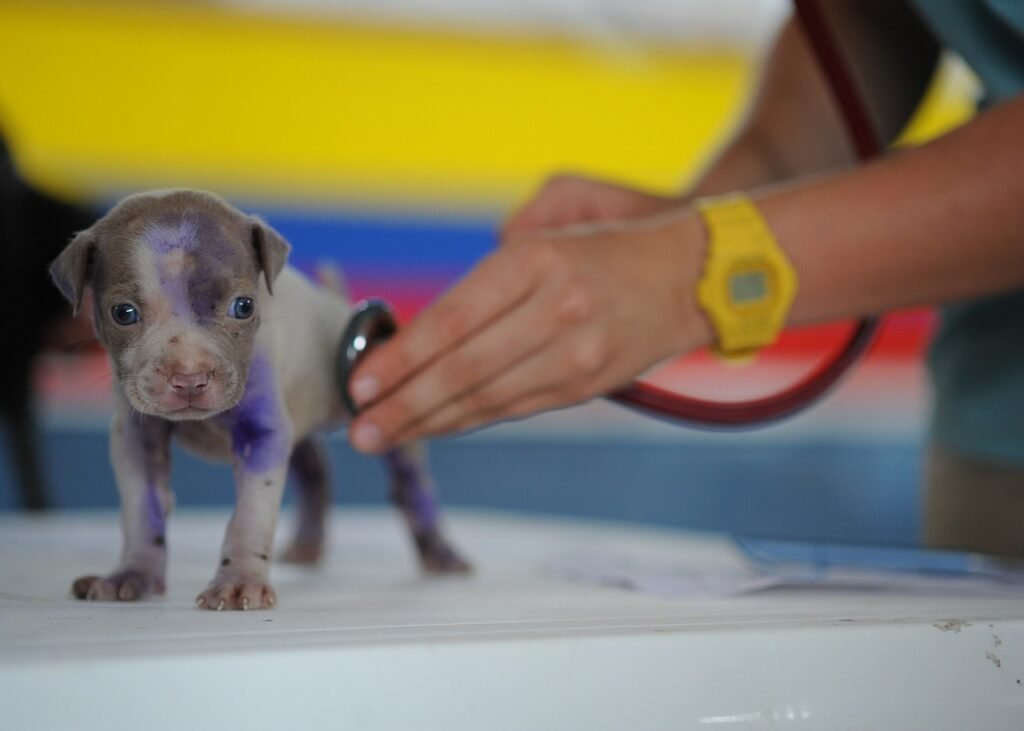
The ABC’s of Veterinary Care: Essential Best Practices for Your Pooch
Table of Contents
Proper veterinary care is essential for the overall health and well-being of your beloved pooch. From regular check-ups to maintaining a healthy diet and providing adequate exercise, there are several best practices to keep in mind. In this article, we will explore the ABCs of veterinary care, covering important topics such as vaccinations, common health issues, diet, exercise, grooming, and hygiene. By following these essential best practices, you can ensure that your furry friend leads a happy and healthy life.
Key Takeaways
- Regular veterinary check-ups are crucial for detecting and preventing health issues in dogs.
- Vaccinations and preventive care play a vital role in protecting your dog from infectious diseases.
- Common health issues in dogs include dental problems, obesity, allergies, and arthritis.
- Choosing the right dog food and following a proper feeding schedule are essential for maintaining a healthy diet.
- Some dogs may have special dietary needs, such as those with food allergies or sensitivities.
Understanding Veterinary Care

Importance of Regular Check-ups
Regular check-ups are essential for maintaining your dog’s overall health and well-being. These routine visits to the veterinarian allow for early detection of any potential health issues and help prevent serious illnesses. During a check-up, the vet will conduct a thorough examination, including checking vital signs, assessing weight and body condition, and performing necessary screenings. Vaccinations and preventive care, such as flea and tick prevention, are also typically addressed during these visits. By scheduling regular check-ups for your pooch, you are taking a proactive approach to their healthcare, ensuring they receive the necessary care and attention they need to live a happy and healthy life.
| Importance of Regular Check-ups |
|---|
| Regular check-ups are essential for maintaining your dog’s overall health and well-being. These routine visits to the veterinarian allow for early detection of any potential health issues and help prevent serious illnesses. |
- Early detection of health issues
- Prevention of serious illnesses
- Thorough examination by the vet
- Vaccinations and preventive care
- Proactive approach to healthcare
Vaccinations and Preventive Care
When it comes to vaccinations and preventive care, it is crucial to stay up to date with your dog’s immunizations. Vaccinations help protect your pooch from various diseases and infections. Your veterinarian will create a vaccination schedule based on your dog’s age, breed, and lifestyle. Additionally, preventive care includes regular check-ups, parasite control, and maintaining a healthy diet. By following these measures, you can ensure your dog’s overall well-being and reduce the risk of illness and disease.
| Vaccinations | Importance |
|---|---|
| Rabies | Essential |
| Distemper | Vital |
| Parvovirus | Crucial |
Important vaccinations for dogs include Rabies, Distemper, and Parvovirus. These vaccinations are essential for your dog’s health and provide protection against life-threatening diseases. Remember to consult with your veterinarian to determine the appropriate vaccination schedule for your furry friend.
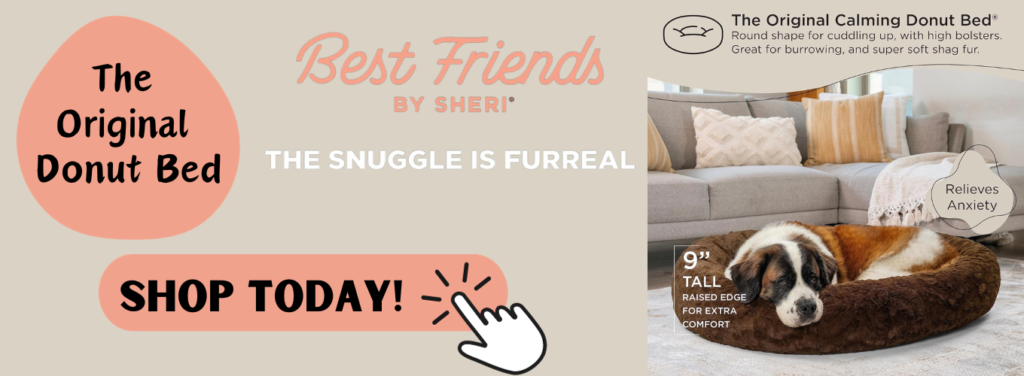
Regular check-ups and parasite control are also vital components of preventive care. Your veterinarian will perform a thorough examination of your dog to detect any underlying health issues and recommend appropriate treatments. Additionally, maintaining a healthy diet and providing regular exercise will contribute to your dog’s overall well-being.
Remember, prevention is better than cure. By being proactive and ensuring your dog receives the necessary vaccinations and preventive care, you can help them live a long and healthy life.
Common Health Issues in Dogs
One of the most common health issues in dogs is obesity. Obesity can lead to various other health problems such as joint issues, heart disease, and diabetes. It is important to maintain a healthy diet and provide regular exercise to prevent obesity in dogs. Another common health issue is parasites, including fleas, ticks, and worms. These parasites can cause discomfort and transmit diseases to your dog. It is essential to administer preventive medications and regularly check for parasites. Additionally, dogs are prone to skin allergies and ear infections. Regular grooming practices such as bathing, brushing, and cleaning ears can help prevent these issues. Regular veterinary check-ups and vaccinations are crucial in identifying and preventing common health issues in dogs.
Maintaining a Healthy Diet
Choosing the Right Dog Food
When it comes to choosing the right dog food, it’s important to consider your pooch’s specific needs. Different breeds and sizes have different nutritional requirements. Consulting with a veterinarian can help you determine the best type of food for your dog. Additionally, reading the ingredient list and ensuring that the food contains high-quality proteins, grains, and vegetables can help maintain your dog’s overall health. Remember, a balanced diet is crucial for your furry friend’s well-being.
Here is a table comparing different types of dog food:
| Type of Dog Food | Pros | Cons |
|---|---|---|
| Dry Food | Convenient and affordable | May contain more fillers |
| Wet Food | High moisture content | Short shelf life |
| Raw Food | Natural and unprocessed | Requires careful handling and storage |
To ensure your dog receives the necessary nutrients, consider incorporating a combination of high-quality dry and wet food into their diet. As the saying goes, ‘You are what you eat,’ and this applies to our furry friends as well.
Feeding Schedule and Portion Control
Maintaining a consistent feeding schedule and practicing portion control are crucial for your dog’s overall health. Establishing a regular feeding routine helps regulate their metabolism and digestion. It is recommended to divide their daily food intake into two or three meals to prevent overeating and maintain a healthy weight. Additionally, it is important to measure the amount of food you give to your dog to avoid underfeeding or overfeeding. Consulting with your veterinarian can help determine the appropriate portion size based on your dog’s breed, age, and activity level. Remember, a balanced diet and proper portion control are key to keeping your furry friend happy and healthy.
| Important Factors for Feeding Schedule and Portion Control |
|---|
| Consistency in feeding times and portion sizes |
| Regular consultation with a veterinarian |
| Monitoring your dog’s weight and body condition |
Establishing a healthy eating routine is essential for your dog’s well-being. By following a consistent feeding schedule and practicing portion control, you can ensure your furry friend receives the right amount of nutrition and maintains a healthy weight.
Special Dietary Needs
When it comes to special dietary needs, it’s important to consult with your veterinarian for guidance. Certain medical conditions may require a specific diet to manage symptoms and improve your dog’s overall health. Additionally, food allergies or sensitivities may necessitate the avoidance of certain ingredients. A balanced and nutritious diet is crucial for dogs with special dietary needs to ensure they receive the necessary nutrients. It’s also important to consider the age and breed of your dog when determining their dietary requirements. Remember to follow your veterinarian’s recommendations and monitor your dog’s response to any dietary changes.
| Special Dietary Needs Tips |
|---|
| – Consult with your veterinarian for guidance |
| – Consider any medical conditions or allergies |
| – Provide a balanced and nutritious diet |
| – Take into account the age and breed of your dog |
| – Monitor your dog’s response to dietary changes |
Consulting with your veterinarian and providing a tailored diet can greatly improve your dog’s quality of life and overall well-being.
Exercise and Mental Stimulation

Physical Activity Requirements
To keep your pooch healthy and happy, it is important to meet their physical activity requirements. Dogs need regular exercise to maintain a healthy weight, strengthen their muscles, and prevent boredom. A daily walk or jog, playtime at the park, or engaging in interactive games like fetch can provide the necessary exercise. Additionally, providing mental stimulation through enrichment toys and games can help keep your dog mentally sharp and prevent behavioral issues. Remember to consult with your veterinarian to determine the appropriate level of exercise for your dog’s breed and age.
Table:
| Activity Level | Exercise Recommendations |
|---|---|
| Low | Short walks, gentle play sessions |
| Moderate | Daily walks, interactive play |
| High | Intense exercise, agility training |
Note: The exercise recommendations may vary based on your dog’s health condition and individual needs.
Providing your dog with adequate physical activity and mental stimulation is essential for their overall well-being and can contribute to a long and happy life.
Enrichment Toys and Games
Enrichment toys and games are essential for keeping your pooch mentally stimulated and engaged. These toys and games provide mental exercise, helping to prevent boredom and destructive behavior. Interactive puzzle toys are a great option as they challenge your dog’s problem-solving skills and keep them entertained for hours. Additionally, hide and seek games can be a fun way to engage your dog’s natural hunting instincts. Remember to rotate toys regularly to keep your dog interested and excited. Providing a variety of toys and games will ensure that your dog stays mentally sharp and happy.
Table:
| Toy Type | Description |
|---|---|
| Puzzle Toys | Interactive toys that challenge your dog’s problem-solving skills and keep them mentally stimulated |
| Hide and Seek | Games that engage your dog’s natural hunting instincts and provide mental stimulation |
List:
- Rotate toys regularly
- Provide a variety of toys and games
- Engage your dog in hide and seek games
Enrichment toys and games are not only fun for your dog, but they also play a crucial role in keeping them mentally and emotionally healthy.
Training and Socialization
Training and socialization are essential for a well-behaved and happy dog. Positive reinforcement methods are highly recommended for training, as they help build a strong bond between the owner and the pet. Consistency is key when teaching commands and behaviors. Socializing your dog from a young age is crucial to ensure they are comfortable around other animals and people. Exposure to different environments and situations helps prevent fear and aggression. Remember, a well-trained and socialized dog is a joy to be around.
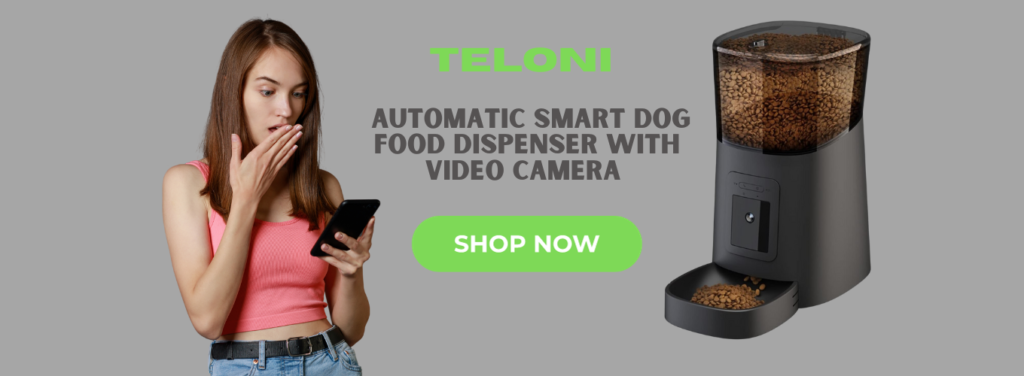
| Training Tips |
|---|
| Use treats as rewards for good behavior |
| Practice commands in different locations |
| Gradually introduce your dog to new experiences |
- Training and socialization are essential for a well-behaved and happy dog.
- Positive reinforcement methods help build a strong bond between the owner and the pet.
- Consistency is key when teaching commands and behaviors.
- Socializing your dog from a young age is crucial to ensure they are comfortable around other animals and people.
- Exposure to different environments and situations helps prevent fear and aggression.
- Use treats as rewards for good behavior.
- Practice commands in different locations.
- Gradually introduce your dog to new experiences.
Grooming and Hygiene
Regular Bathing and Brushing
Regular bathing and brushing are essential for maintaining your dog’s hygiene and overall health. Bathing helps to remove dirt, debris, and parasites from your dog’s coat, while brushing helps to remove loose hair and prevent matting. It is important to use dog-specific shampoos and conditioners that are gentle on your dog’s skin. During the bathing process, make sure to avoid getting water in your dog’s ears and eyes. Nail trimming is also an important part of grooming, as long nails can cause discomfort and difficulty walking. Additionally, regular dental care is crucial for preventing dental issues such as plaque and tartar buildup. Remember to use dog-friendly toothpaste and a soft-bristled toothbrush. Lastly, ear cleaning and flea prevention should be included in your dog’s grooming routine. Consult your veterinarian for the best products to use for ear cleaning and flea prevention.
Here is a table summarizing the grooming and hygiene practices for your dog:
| Practice | Frequency |
|---|---|
| Bathing | Every 4-6 weeks |
| Brushing | Daily or as needed |
| Nail Trimming | Every 4-6 weeks |
| Dental Care | Daily or as recommended by your veterinarian |
| Ear Cleaning | Weekly or as recommended by your veterinarian |
| Flea Prevention | Monthly or as recommended by your veterinarian |
Remember, maintaining a regular grooming routine is essential for keeping your pooch happy and healthy!
Nail Trimming and Dental Care
Regular nail trimming and dental care are essential for maintaining your dog’s overall health and well-being. Nail trimming helps prevent overgrowth and discomfort, while dental care ensures good oral hygiene and reduces the risk of dental diseases. It is recommended to trim your dog’s nails every 4-6 weeks and brush their teeth regularly using a dog-friendly toothbrush and toothpaste. Remember to be gentle and patient during these grooming sessions to avoid any stress or discomfort for your pooch. Additionally, providing appropriate chew toys can help promote dental health by reducing plaque and tartar buildup. Taking care of your dog’s nails and teeth not only keeps them looking neat and clean but also contributes to their overall happiness and quality of life.
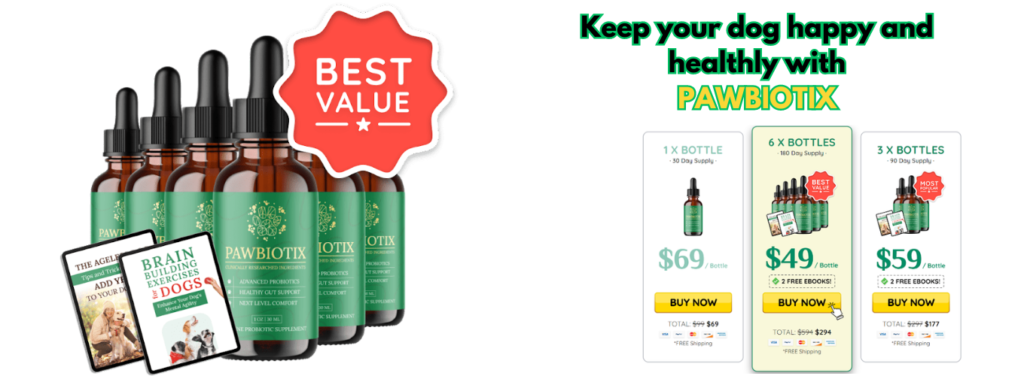
Here are some tips for nail trimming and dental care:
- Use sharp, dog-specific nail clippers to avoid splintering or crushing the nails.
- Gradually introduce your dog to the nail trimming process to make them feel more comfortable.
- Consult your veterinarian for guidance on proper dental care techniques and products.
Remember, a little extra effort in maintaining your dog’s nails and teeth goes a long way in ensuring their health and happiness.
Ear Cleaning and Flea Prevention
Regular ear cleaning is an important part of maintaining your dog’s overall hygiene. It helps prevent ear infections and keeps their ears clean and odor-free. To clean your dog’s ears, gently wipe the inside of the ear with a clean cotton ball or a dog-specific ear cleaning solution. Avoid using cotton swabs or inserting anything into the ear canal, as this can cause injury. Flea prevention is also crucial for your dog’s health. Fleas can cause skin irritation, allergies, and transmit diseases. Use a vet-recommended flea preventive to keep your dog protected. Remember to check your dog regularly for fleas and ticks, especially during the warmer months. Prevention is key when it comes to ear cleaning and flea control.
| Ear Cleaning Tips | Flea Prevention Tips |
|---|---|
| Clean ears regularly | Use vet-recommended flea preventive |
| Avoid inserting anything into the ear canal | Check your dog regularly for fleas and ticks |
| Use dog-specific ear cleaning solution | Keep your dog’s environment clean |
Prevention is key when it comes to ear cleaning and flea control.
Frequently Asked Questions
How often should I take my dog for a check-up?
It is recommended to take your dog for a check-up at least once a year. However, older dogs or dogs with health issues may require more frequent visits.
Which vaccinations are necessary for my dog?
The necessary vaccinations for your dog may vary depending on factors such as your dog’s age, lifestyle, and local regulations. Common vaccinations include rabies, distemper, parvovirus, and hepatitis.
What are some common health issues in dogs?
Common health issues in dogs include allergies, ear infections, dental problems, obesity, arthritis, and skin conditions. Regular veterinary check-ups can help detect and prevent these issues.
How do I choose the right dog food?
When choosing dog food, consider your dog’s age, breed, size, and any specific dietary needs or allergies. Look for high-quality ingredients and consult with your veterinarian for recommendations.
How often should I feed my dog and how much?
The feeding schedule and portion control for your dog may vary depending on factors such as age, breed, size, and activity level. It is recommended to follow the guidelines provided by the dog food manufacturer or consult with your veterinarian.
Does my dog have any special dietary needs?
Some dogs may have special dietary needs due to allergies, medical conditions, or specific dietary restrictions. Consult with your veterinarian to determine if your dog requires a special diet.
